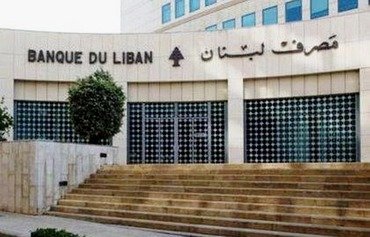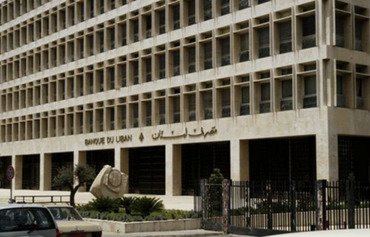Lebanon continues to implement the necessary measures to combat money laundering and terrorism financing despite all the challenges, said Central Bank of Lebanon governor Riad Salameh during a recent workshop in Beirut.
"Implementing international standards in the field of combating money laundering and terrorism financing is a priority for us since it protects our society and economy and enhances the safety of our financial and banking sector," Salameh said during the May 23rd workshop.
In February, the Financial Action Task Force (FATF) announced that Lebanon meets all the necessary conditions for fighting money laundering and terrorism financing, and no longer needs follow up or new measures.
The FATF, a 32-nation body established in 1989, had placed Lebanon and 22 other countries on its monitoring list in October 2015.
Lebanon’s removal from the list comes after Parliament approved in November the law on Lebanon’s accession to the International Convention for the Suppression of the Financing of Terrorism, and the amendment of the anti-money laundering and terrorism financing law.
Enforcing anti-terror financing law
The new law criminalises financing the activities of foreign terror fighters, as stated in Security Council resolution No. 2178, Salameh said.
The law introduced the legal foundations for financial sanctions and application of international standards pursuant to Security Council resolutions.
Lebanese banks have begun to enforce the law, he said.
Despite the challenges Lebanon is facing, "the Central Bank will continue to exert the necessary efforts and issue required regulations to combat money laundering and terrorism financing", he added.
The Central Bank has imposed additional measures on money transfer companies, and placed a ban on the issuance of pre-paid cards not linked to bank accounts, he said.
The bank has also placed a ban on dealing with companies with concealed ownership, he added.
These amendments aim to help Lebanese banks meet the requirements imposed on them and comply with the applicable regulations and penalties of the countries of the correspondent banks with which they transact, Salameh said.
"Lebanese banks are abiding by the principles of sound banking practices in compliance with international resolutions," secretary general of the Association of Banks in Lebanon (ABL) Makram Sader told Al-Shorfa.
"We are committed to the application of the law," he said.
Cutting off terror financing channels
Lebanon instituted the new law to preserve its international stature, said former minister Marwan Kheireddin, chairman and general manager of al-Mawarid Bank.
"Lebanon continues to be a key player in global financial and banking markets," he told Al-Shorfa.
All banks now comply with the law and will ensure its full application against those it is meant to target, he said.
"Lebanon has no choice but to comply with the requirements imposed by the international community, especially in light of the war on terrorism led by the international coalition and its desire to cut off its funding channels," said Violette Ghazal al-Balaa, editor-in-chief of Arab Economic News.
Lebanon has been partnering with the international community in fighting financial crimes since 2001, when it ratified Law No. 318 on combating money laundering, she told Al-Shorfa.
It established the Central Bank's Special Investigation Commission (SIC) and actively contributed to the establishment of the FATF, she said.
In 2015, the SIC received 432 cases of money laundering and terrorism financing, 101 from foreign sources and 331 from local sources, al-Balaa said.
The SIC also handled 458 spontaneous disclosures from abroad, many of which were related to the "Islamic State of Iraq and the Levant" (ISIL), she added.

![Central Bank of Lebanon governor Riad Salameh said that combating money laundering and terrorism financing is a priority for Lebanon. [Photo courtesy of the National News Agency]](/cnmi_am/images/2016/06/03/5509-Lebanon-Salameh-finance-600_384.jpg)






